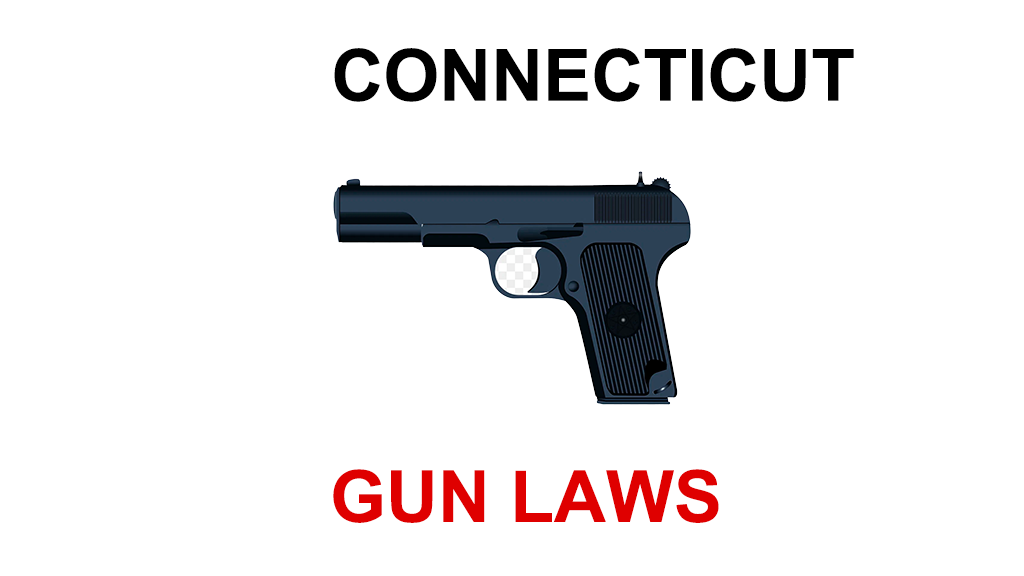
Image Credit: MateMedia
By Saul Roth
Here is an overview of the gun laws in the state of Connecticut. Please note that gun laws can change over time, so it’s essential to consult the most recent and authoritative sources or legal professionals for up-to-date information.
Permits and Licensing:
1. Permits are required to purchase, possess, and carry firearms in Connecticut.
2. A Pistol Permit is required to purchase and carry handguns, while a Long Gun Eligibility Certificate is required for long guns (rifles and shotguns).
3. The permits are issued by the local authorities, usually the town or city’s police department.
Firearm Purchase and Transfers:
1. In Connecticut, private firearm sales and transfers must go through a background check process.
2. Both private sellers and buyers must undergo a background check conducted by a federally licensed firearms dealer (FFL) or local law enforcement.
3. Exceptions to background checks include transfers between immediate family members, antique firearms, and temporary transfers at shooting ranges or during organized competitions.
Assault Weapons and High-Capacity Magazines:
1. Connecticut has an assault weapons ban that restricts the purchase, possession, and sale of specific semi-automatic firearms with certain features, as well as large-capacity magazines.
2. Existing assault weapons and large-capacity magazines that were legally possessed before the ban are subject to registration.
Safe Storage and Reporting:
1. Connecticut has laws regarding the safe storage of firearms. If a firearm is not in the owner’s immediate possession or control, it must be stored in a securely locked container or with a trigger lock.
2. Owners must report the loss or theft of a firearm to local law enforcement within 72 hours of discovery.
Carrying Firearms:
1. Connecticut is a “may-issue” state for concealed carry permits, meaning that local authorities have discretion in issuing such permits.
2. Open carry of firearms is generally prohibited, but there are exceptions for those with valid carry permits.
These are just some of the key points regarding gun laws in Connecticut. It’s essential to refer to the official Connecticut state statutes or consult legal professionals for comprehensive and up-to-date information on the specific provisions and requirements of Connecticut’s gun laws.

Recent Comments